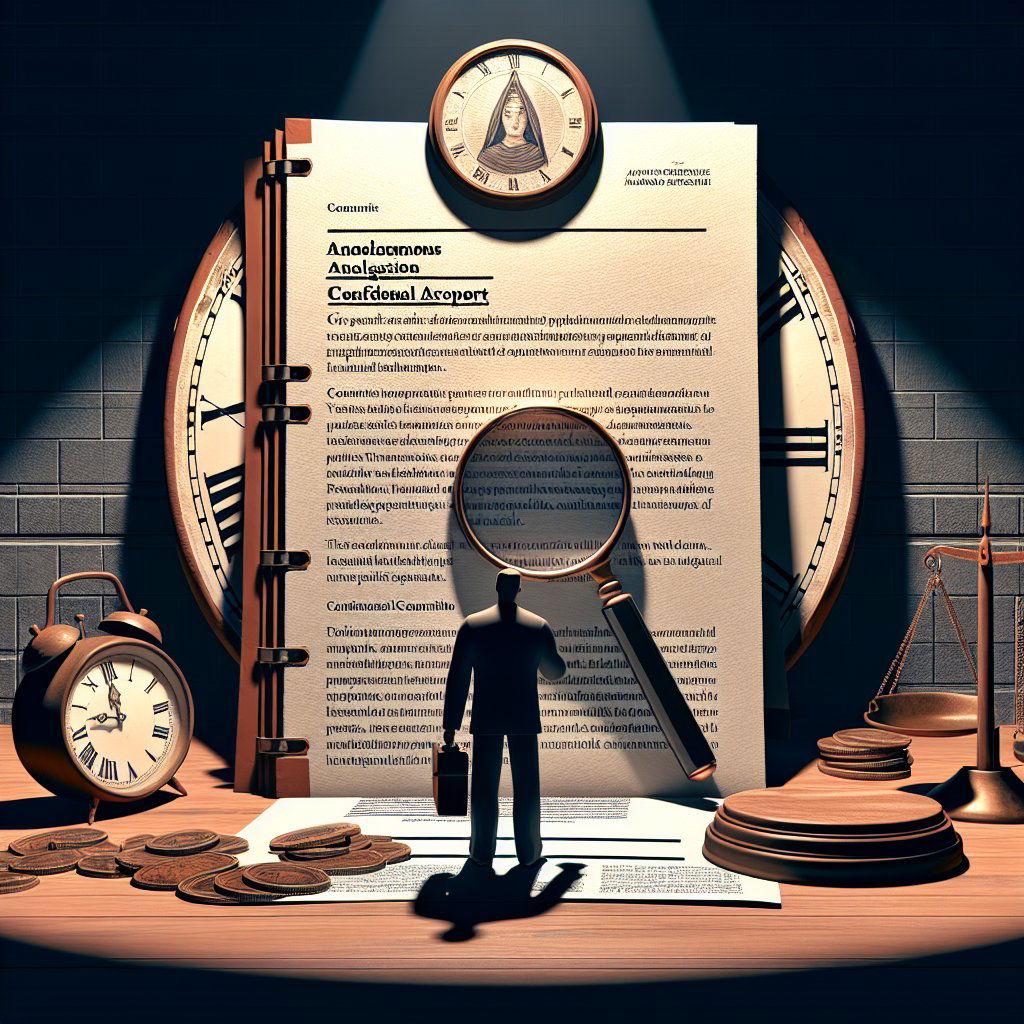Image: AI generated for illustration purposes
UDM Leader Holomisa Calls for Parliamentary Probe into Judiciary Corruption Allegations
United Democratic Movement (UDM) leader Bantu Holomisa is pushing for the Joint Standing Committee on Intelligence to launch a thorough investigation following striking allegations of corruption within the South African judiciary. These assertions arise from an intelligence report said to be penned by Thembi Majola, the former State Security Agency (SSA) Director-General.
Holomisa's call to action came to light after he addressed a letter to the chairperson of the committee, Jerome Maake, outlining the need for an urgent examination of the 54-page document that seemingly originated from Majola. The urgency of the matter is underscored by the potential repercussions that such allegations could have not only on the reputation and integrity of South Africa's judiciary but also on the Judicial Conduct Committee and Legal Aid South Africa.
The implications of the report are of such gravity that they extend far beyond the local sphere, potentially impacting international perceptions of the country's legal system. Holomisa's engagement with the parliamentary committee seeks to ensure that the report's contents are not just verified, but that any claims of corruption are meticulously investigated.
Majola's exit from the SSA has been clouded by reports of friction with the Minister in the Presidency, Khumbudzo Ntshavheni. Although Ntshavheni refuted these allegations, President Cyril Ramaphosa's request for Majola to temporarily postpone her resignation indicates the existence of underlying issues within the agency.
As the contents of the report circulate and tensions mount, South Africa finds itself at a critical juncture where the transparency and probity of its judicial system are being called into question. The integrity of numerous distinguished judges and the judicial structure at large hang in the balance, awaiting Parliament's response.
The intelligence report, characterized by detail and perceived conscientiousness, suggests a level of depth that cannot be easily dismissed. Holomisa has recommended that the committee either meet directly with Majola or liaise with the Inspector-General of Intelligence, Imtiaz Fazel, to validate the contents and assert the credibility of the allegations against members of the judiciary.
Holomisa has taken a stand that underscores the imperative to acknowledge the report's serious nature. The ramifications of inaction, or a superficial approach, could have lasting negative impacts on South Africa's commitment to justice and the rule of law.
The country, now in the spotlight, anticipates decisive action from its leaders. The investigation's findings, and how they are handled, will undoubtedly signal South Africa's resolve in maintaining the virtue of its judiciary and upholding its democratic values.










